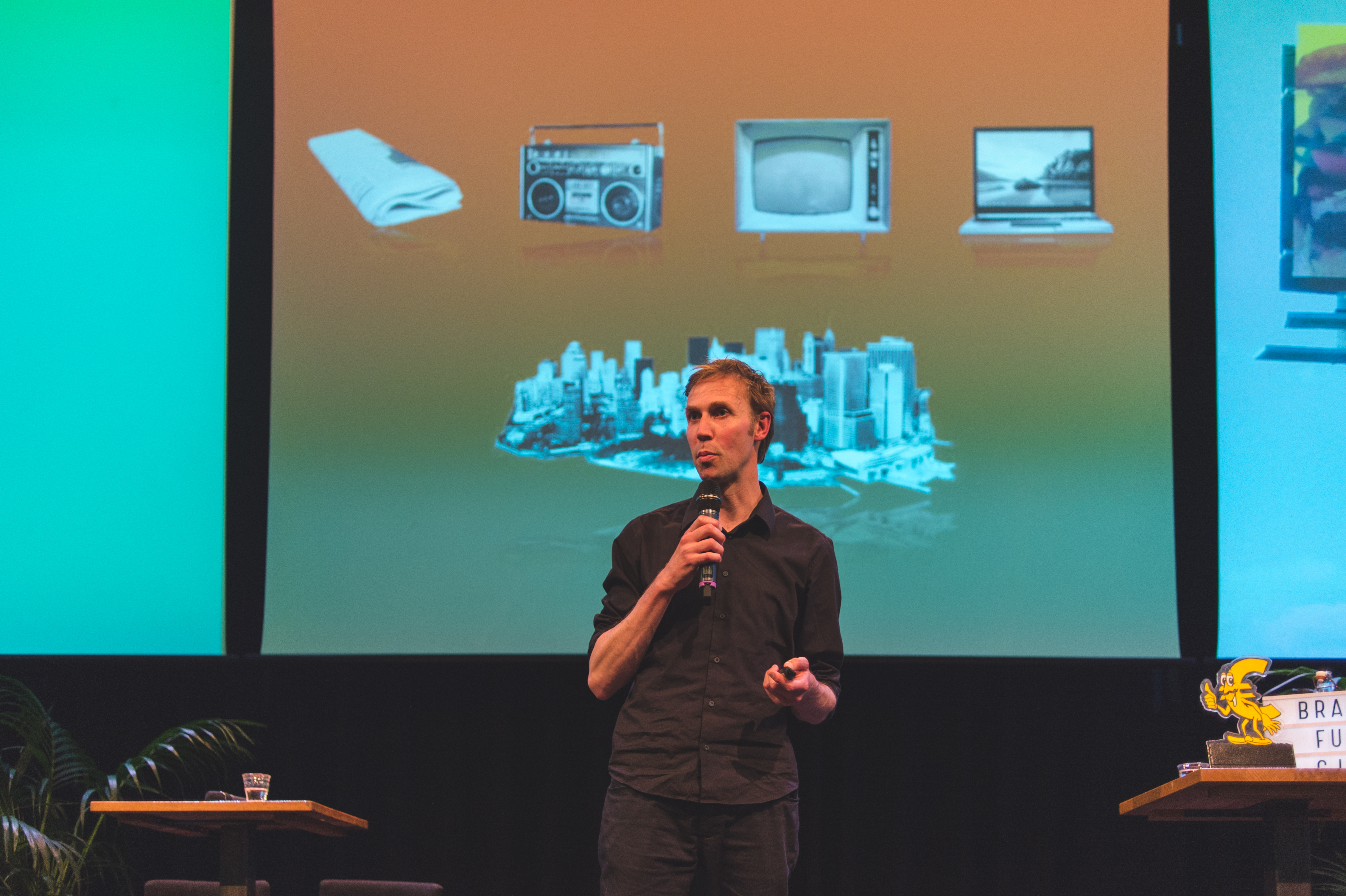
19 June 2017
The rise of the micrometropolitans? An interview with Joop de Boer
Ever since the first cities rose up from the marshes of Mesopotamia, they have been both the breeding and the proving grounds of all humanity’s greatest innovations, from the wheel to the first supercomputers— yet they continue to surprise us today. Pop-Up City’s Joop de Boer, who is hosting an ISHF event on urban ‘flexibilisation’, (monday 19 June 15:30-17:30 hrs) is here to tell us about how far they have come, and where they may be going!
Hi Joop! Can you tell us a bit about yourself (place of birth, place of residence, education, profession)?
Hoi! I’m originally from Groningen in the far north of the Netherlands but now live in Amsterdam, where I studied urban planning at the UvA (Universiteit van Amsterdam). I am now a founder and partner of G̃olfstromen urban development agency and Pop-Up City – an online platform for innovative urban development.
What is your relation to social housing?
Being well-acquainted with social housing— I was a social tenant for most of my life!— I feel that affordable housing is crucial, something which enables and protects so much else we hold dear in urban society. It has a major impact on neighbourhoods and the vitality of the city as a whole. The quality and accessibility of social housing is therefore something I’m working on continuously.
What is Pop Up City? Why should people know about your platform?
Pop-Up City is an online platform about the future of cities. We report on a regular basis about groundbreaking ideas and developments shaping the cities of today, and tomorrow. With over 100,000 readers worldwide (all advanced thinking city-makers in one way or another), we are one of the trend-setting platforms for innovative urban development.
You worked on a research project on ‘micrometropolitan living’. When did you conceive of the idea to start this research project?
Writing for Pop-Up City can be like being Alice happily tumbling down an urban rabbit hole! While writing on one thing on Pop-Up City we are often happily surprised to stumble upon other trends and developments. One of them is the micro-living trend. We witness a lot of micro-living, co-living and shared-living projects popping up all over the world and saw this as something interesting and profound to explore deeper.
What is micrometropolitan living? Is it global?
Micro-living is a new housing phenomenon in which people trade off having less private space for larger public or shared spaces. Often people share things and services. It’s definitely a global phenomenon, especially in big cities with stressed housing markets.
What does the research project consist of? What is the function of your event at the ISHF?
We’ve interviewed over 20 founders of co-living and micro-living concepts in cities all over the world and compare the projects with each other. Doing so we want to learn lessons for the Dutch situation, which, especially in Amsterdam, involves increasing competition over working and living space. It’s interesting to see the wide variety of micro-living and co-living concepts that emerge in cities around the world.
What is an example of micrometropolitanism that exists in the Netherlands right now?
Zoku Amsterdam at Weesperstraat is a interesting example. It is a combined working and living environment for both short and long stay.
After researching the phenomena, did you become more or less supportive of micrometropolitan living?
It has huge potential as a possible solution to housing-market stress, especially for young starting singles. But at the same time this should not become a default in housing: there are a few cowboys on the market, just scheming to take advantage of the difficult housing situation.
Are you planning to attend any other ISHF event?
I’m also one of the correspondents of the festival, so I will come to a fair few events. I’m very excited about what we can expect!
—
The event on urban ‘flexibilisation’, (monday 19 June 15:30-17:30 hrs, tower room Het Schip)




Comments